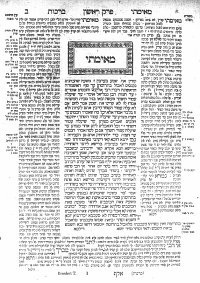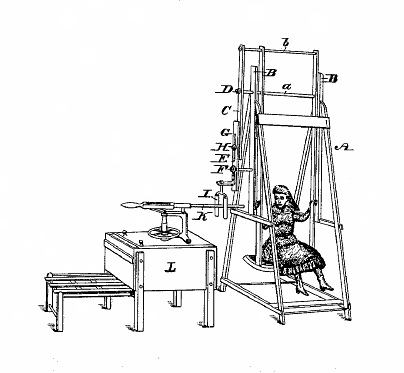Crocheting Adventures With Hyperbolic Planes has won the 2009 Diagram Prize for Oddest Book Title of the Year, with 42 percent of the vote. Other contenders:
- Afterthoughts of a Worm Hunter
- An Intellectual History of Cannibalism
- Father Christmas Needs a Wee!
- What Kind of Bean Is This Chihuahua?
- Collectible Spoons of the Third Reich
- Governing Lethal Behavior in Autonomous Robots
- The Changing World of Inflammatory Bowel Disease
- I Stopped Sucking My Thumb … Why Can’t You Stop Drinking?
The winning book informs readers how to “crochet models of the hyperbolic plane, pseudosphere, and catenoid/helicoids” and explores geometry and the history of crochet. “It defended its poll-topping position despite strong support for the spoon-carrying Third Reich, once again attempting to muscle in on someone else’s territory,” said prize custodian Horace Bent. “But the public proclivity towards non-Euclidean needlework proved too great for the Third Reich to overcome. If only someone had let the Poles know in ’39.”





